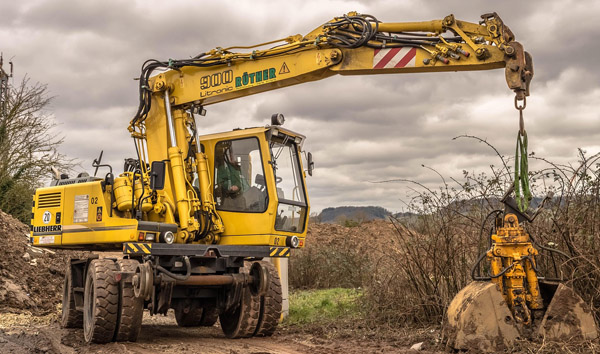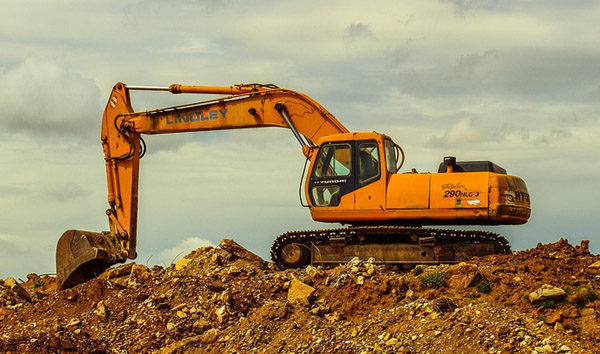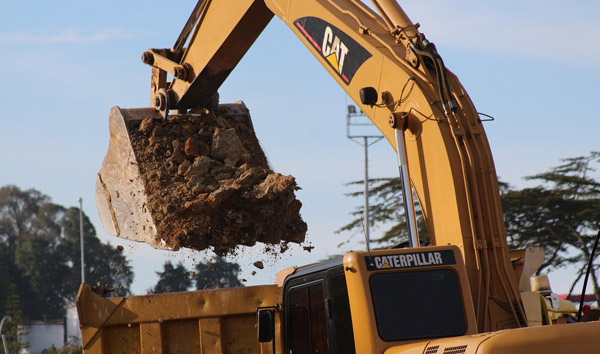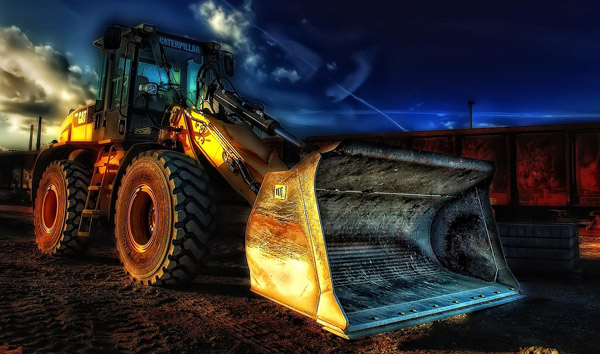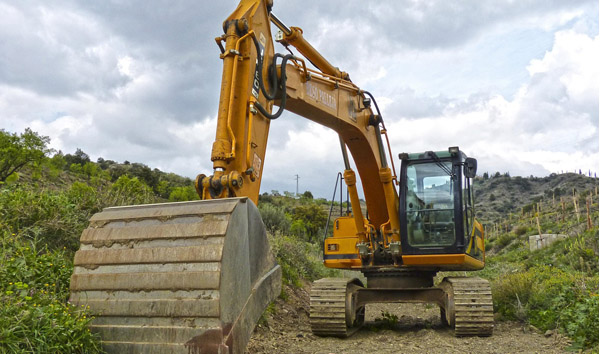Navigating the Robust Capabilities of Modern All-Terrain Forklifts
2025-08-02 05:25:31
All-terrain forklifts are engineered to tackle uneven surfaces, steep inclines, and rough terrains where conventional forklifts falter. Key specifications include load capacities ranging from 3,000 to 12,000 kg, depending on the model, and lift heights extending up to 6 meters. These machines feature reinforced chassis, heavy-duty tires, and advanced suspension systems to ensure stability. The integration of four-wheel drive (4WD) and differential locks enhances traction, making them indispensable in construction, agriculture, and forestry sectors.
Powering these forklifts are high-torque diesel or electric engines, with horsepower ratings between 50 HP and 120 HP. Fuel efficiency is optimized through variable displacement hydraulic pumps, reducing operational costs. The latest models incorporate Tier 4 Final or Stage V emission standards, aligning with global environmental regulations. Operators benefit from ergonomic cabins with shock-absorbing seats, intuitive control panels, and 360-degree visibility, ensuring safety during prolonged use. All-terrain forklifts also feature advanced telematics for real-time performance monitoring and predictive maintenance.
Maneuverability is a standout feature, with tight turning radii (as low as 3 meters) facilitated by articulated steering or crab steering options. Ground clearance typically exceeds 300 mm, allowing navigation over obstacles like rocks and debris. The inclusion of oscillating axles ensures all wheels maintain contact with uneven surfaces, minimizing load instability. Industry data reveals a 25% productivity increase in logistics operations when deploying all-terrain forklifts in outdoor storage yards compared to traditional models.
Safety specifications include automatic load-sensing systems, anti-rollover technology, and LED lighting for low-visibility conditions. Load centers are calibrated for dynamic stability, with some models offering adjustable counterweights. Noise levels are kept below 85 dB, complying with workplace safety standards. According to a 2023 industry report, all-terrain forklifts reduce workplace accidents by 40% in rugged environments due to these enhanced safety features.
The future of all-terrain forklifts lies in automation and hybrid powertrains. Prototypes with autonomous navigation and AI-driven load optimization are under testing, promising further efficiency gains. Hybrid models combining diesel and electric power are projected to dominate 30% of the market by 2027. As industries demand versatility, the specifications of all-terrain forklifts will continue evolving, solidifying their role as a cornerstone of modern material handling.




